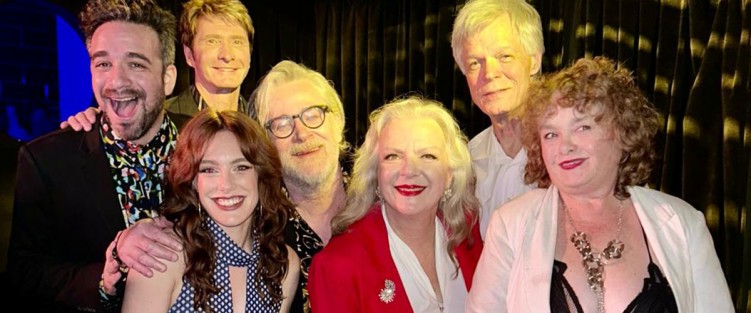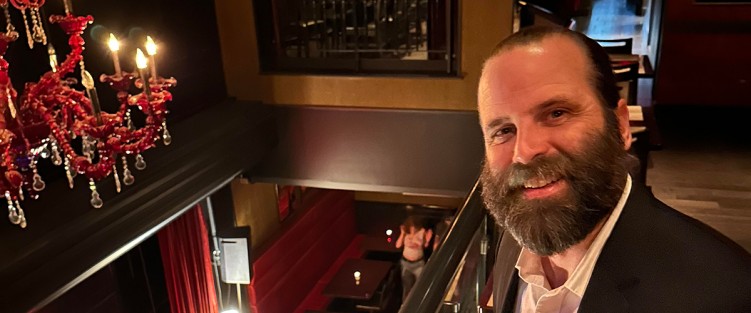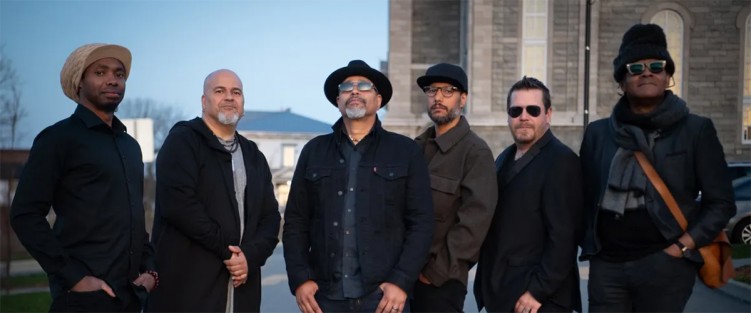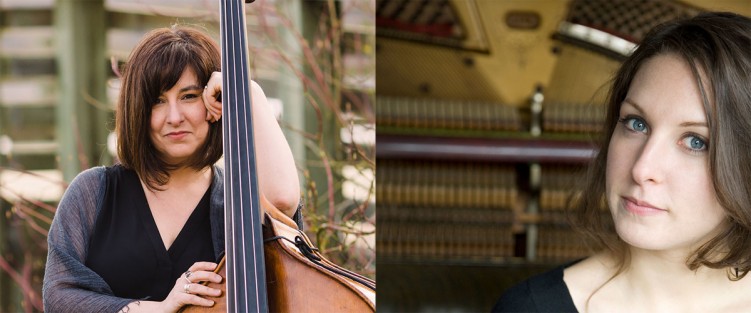 Many artists trace others’ footsteps, while certain standouts develop their own paths. Similarly, while many live music venues stick to a familiar formula, occasionally a space comes along with its own distinct vision, vibe and style. Jean Darlene in the Dundas & Ossington neighbourhood is one of the latter, offering a unique, memorable experience to its clientele.
Many artists trace others’ footsteps, while certain standouts develop their own paths. Similarly, while many live music venues stick to a familiar formula, occasionally a space comes along with its own distinct vision, vibe and style. Jean Darlene in the Dundas & Ossington neighbourhood is one of the latter, offering a unique, memorable experience to its clientele.
The first time you go, be warned: the entrance is not where you think it is, as is explained in the QR code on the door at 1203 Dundas West. Follow the instructions: walk west, turn left at the KFC, take the alley all the way to the end and take the stairs down; check your coat, pay your cover and take the stairs up and you’ll arrive at your destination: The Jean Darlene Piano Room.
“Where am I?” you will wonder: the lighting is dim and mysterious; a disco ball illuminates the air; a golden grand piano sparkles in the corner; a bartender mixes a martini; you have never been here and yet it feels as warm and inviting as an old friend’s apartment.
 Much like the word “jazz” itself, the origin of the term “jam session” is up for debate, but there’s no denying the multi-layered potential that jam sessions unleash: community building, essential education, artistic exploration and audience engagement. Before we dive in, though, for the uninitiated, what can you expect from such an evening?
Much like the word “jazz” itself, the origin of the term “jam session” is up for debate, but there’s no denying the multi-layered potential that jam sessions unleash: community building, essential education, artistic exploration and audience engagement. Before we dive in, though, for the uninitiated, what can you expect from such an evening?





